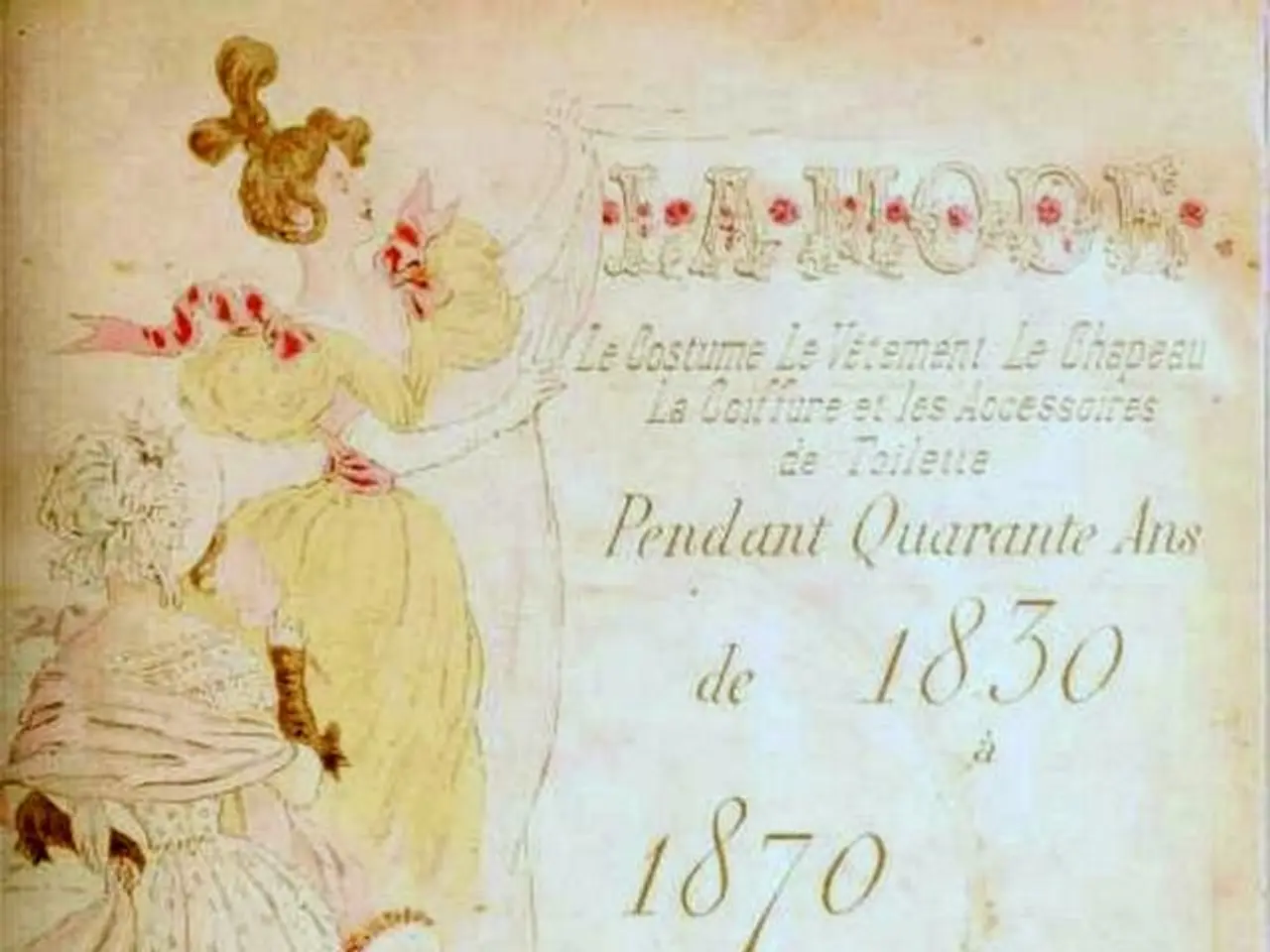Public beneficiaries should abstain from expressing gender preferences with public funds.
In a move that has sparked controversy, Germany's Culture Minister Wolfram Weimer has implemented a ban on gender-inclusive language in official communications within the Federal Chancellery and publicly funded institutions. This decision, which includes the use of plurals with asterisks and other non-standard gender markings, has divided opinions in Germany.
Weimer, who took office in May 2025, argues that language is not a playground and aims to preserve the traditional structure of the German language. His directive has been met with criticism from supporters of gender inclusivity, who view it as a setback and an exclusion of non-binary and gender-diverse identities from official discourse.
The controversy has underscored a lack of consensus within the government, with no other federal ministries following Weimer's lead in banning gender-neutral language. However, states like Thuringia and Bavaria have implemented similar bans, aligning with the federal government's policy which does not use words with gender asterisks.
Sven Lehmann, chairman of the Culture Committee in the Bundestag, has criticised Weimer's initiative, calling him a "missionary culture warrior." Misbah Khan, deputy leader of the Green parliamentary group, sees an "implicit threat" in Weimer's statements, believing it attacks the freedom of art and culture and attempts to discipline critical voices.
Weimer, on the other hand, recommends refraining from using special characters like asterisks, colons, or underscores for linguistic, legal, and general comprehensibility reasons. He also rejects any "paternalistic language education."
The German Journalists' Association and DJV chairman Mika Beuster have opposed Weimer's initiative, citing interference with broadcasting freedom. Khan believes that institutions that do not comply with Weimer's demands risk losing relevant funding.
In spring 2024, Bavaria followed Thuringia's lead with a ban on "gender language with special characters for gender specification" in authorities. Thuringia had instructed state authorities to refrain from "grammatically incorrect gender language" at the end of 2022.
Weimer's ban has been a controversial topic for years, with some arguing for linguistic clarity and others for gender inclusivity. Weimer has previously stated that enforced gendering does not reflect how the majority in Germany speaks and deepens a societal divide.
Despite the controversy, Weimer has already prohibited the use of gender-inclusive language with special characters in his own department's official correspondence. The debate engages fundamental questions about linguistic norms, identity, and inclusion in Germany’s public institutions.
- The German Journalists' Association has opposed Weimer's initiative on the grounds that it interferes with broadcasting freedom.
- Policy-and-legislation surrounding gender-inclusive language has been a topic of controversy for several years, with some advocating for linguistic clarity and others for gender inclusivity.
- The Green parliamentary group's deputy leader, Misbah Khan, sees an implicit threat in Weimer's statements and believes it attacks the freedom of art and culture, attempting to discipline critical voices.




